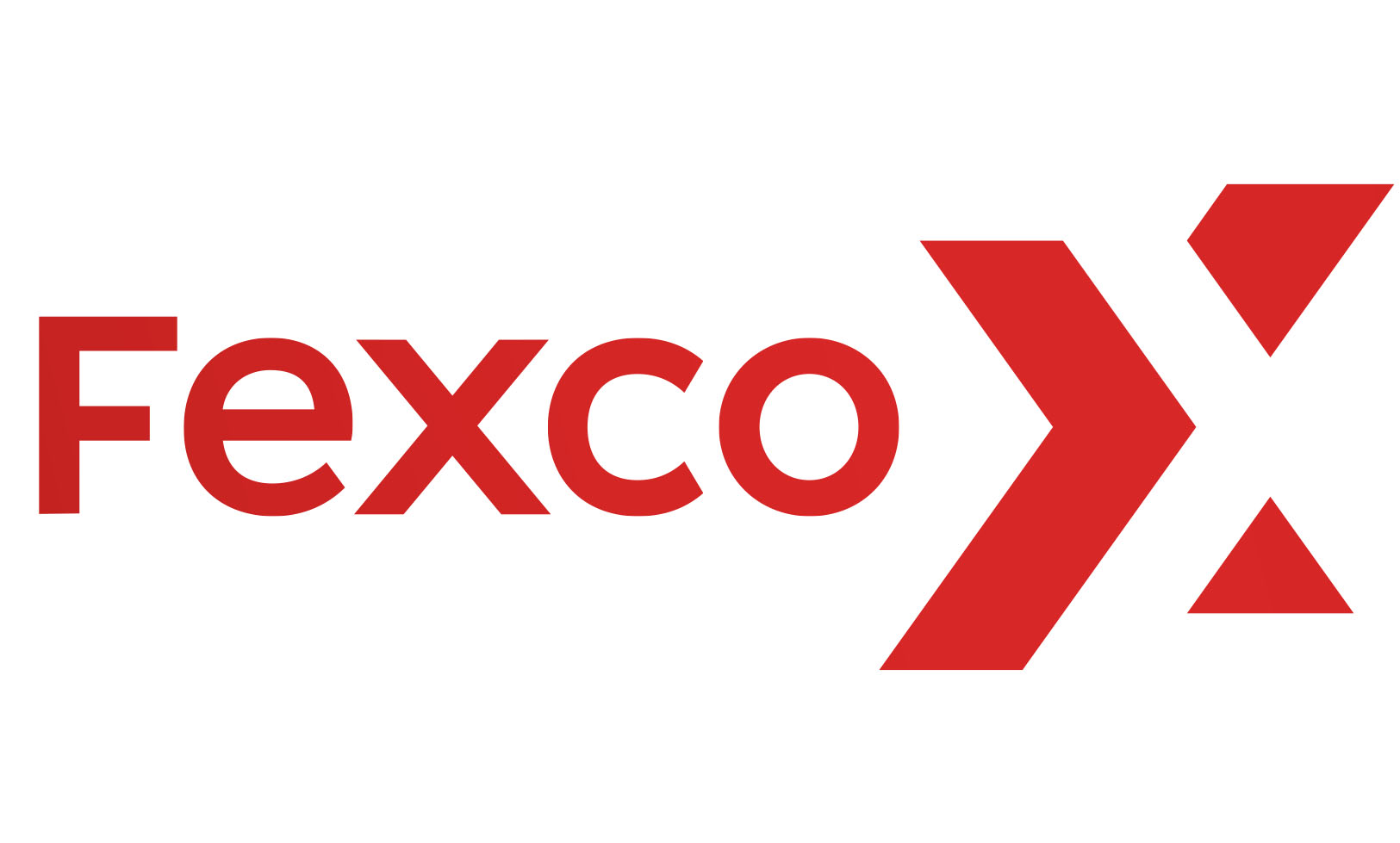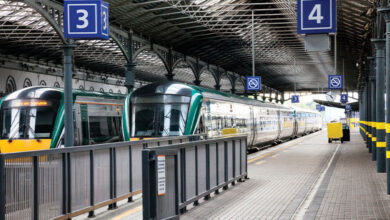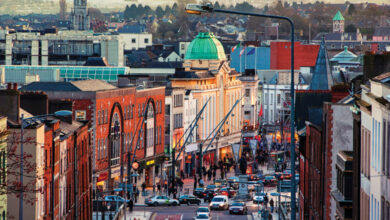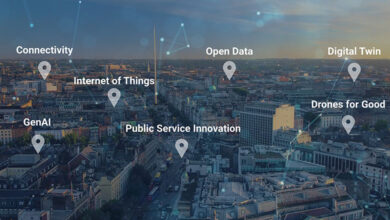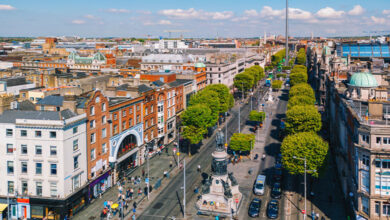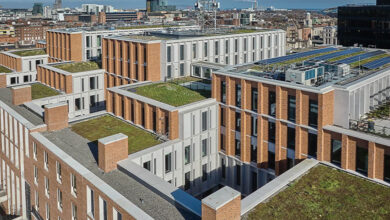Embedding sustainability in policy and practice
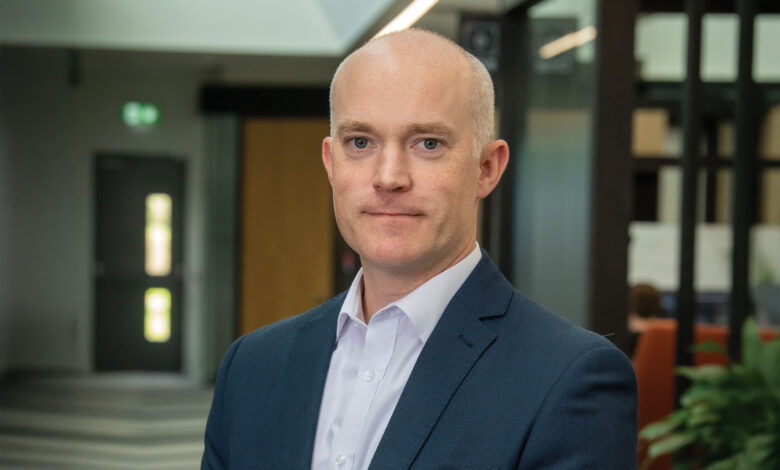
Martin Ryan, Managing Director of Fexco Managed & Advisory Services, discusses the organisation’s vision of embedding sustainability in policy and practice.
In spring 2024, Fexco Managed & Advisory Services joined forces with eolas Magazine to host a round table on the transformative journey of Irish tourism. This session brought together leaders from government departments, tourism authorities, the energy sector, community groups, and private industry. The goal is to evaluate Ireland’s progress towards building an environmentally restorative, economically inclusive, and culturally authentic tourism model.
Fast forward to mid-2025, and it is clear that the sector has embraced this ambition. Grounded in the principles of regenerative tourism and aligned with the Climate Action Plan 2024, Ireland is reframing its tourism identity as a destination and a global exemplar of sustainability in action.
From compliance to contribution
Tourism’s inclusion in Ireland’s Climate Action Plan 2024 reflects a growing national consensus: no sector can afford to remain passive in the transition to net zero. As one of the most cross-cutting sectors of the economy, tourism has a profound influence on energy consumption, carbon emissions, land use, and cultural resource management. Transport, accommodation, food services, and infrastructure collectively represent a sizeable portion of tourism’s environmental footprint. As such, the imperative to embed sustainability within the tourism value chain is no longer just an ethical consideration – it is both a strategic necessity and a business survival issue.
The Climate Action Plan – anchored in the Programme for Government and aligned with the EU Green Deal and Fit for 55 package – sets out binding sectoral targets for decarbonising economic activity by 2030. For tourism, this means a decisive pivot toward low-emission mobility, energy-efficient accommodation, sustainable supply chains, and circular economy practices. The sector must also play a more active role in biodiversity protection and in supporting nature-based climate solutions, especially in ecologically sensitive rural and coastal areas.
Tourism’s decarbonisation pathway encompasses multiple coordinated actions: emissions reductions in aviation and ground transport; electrification of hospitality infrastructure; the adoption of green building standards; and better integration with regional land-use and biodiversity planning. Tourism destinations must also incorporate climate risk assessments – factoring in rising sea levels, flood risk, and ecosystem degradation that could threaten their long-term viability.
Operationalising this agenda, Fáilte Ireland’s Climate Action Programme – delivered in close collaboration with the Sustainable Energy Authority of Ireland (SEAI) – is providing practical tools, funding streams, and technical guidance to tourism businesses across the country. Hundreds of operators are now engaged in benchmarking their energy use, conducting environmental impact assessments, and undertaking retrofitting projects that include solar PV installations, heat pump adoption, and water efficiency upgrades. A growing number are signing up to science-based targets, moving beyond compliance to proactive climate leadership. Energy audits, carbon literacy training, and sustainability action plans are becoming core components of accreditation schemes such as the Green Hospitality Programme and Sustainable Travel Ireland.
This collective momentum is helping to reposition Irish tourism not just as a passive responder to climate obligations, but as a proactive contributor to Ireland’s decarbonisation goals and a visible partner in delivering tangible, local climate benefits.
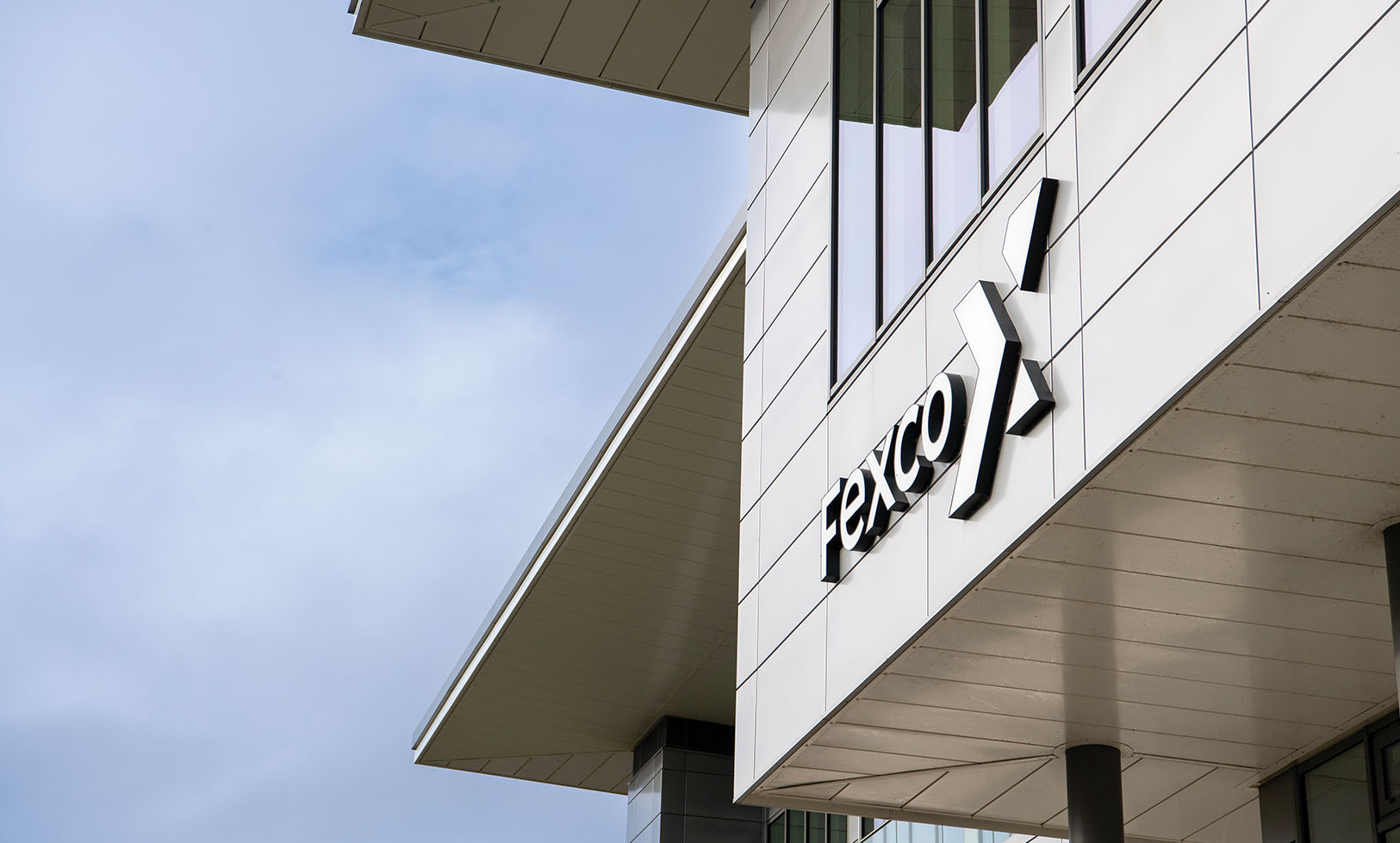
From tourist to stakeholder
The modern visitor is no longer a passive consumer. Motivated by ethics, personal wellbeing, and environmental awareness, today’s tourists increasingly arrive not just as guests, but as informed stakeholders with specific expectations around the social and ecological footprint of their travel. They want to engage meaningfully with places, understand their impact, and contribute positively to local economies. In this new paradigm, sustainability is not an optional add-on – it is a foundational requirement that shapes the decision-making process from the earliest stages of travel planning.
Fáilte Ireland’s Sustainable Tourism Barometer 2025 reveals that more than 70 per cent of international visitors now actively seek out eco-certified tourism providers. This growing demand for authenticity and accountability is influencing every aspect of the tourism offer – from carbon transparency and green transport options to locally sourced food, inclusive programming, and the visible reinvestment of tourism income into host communities. These visitors are attuned not just to what they experience, but to how it is delivered and who benefits.
Digital platforms are rapidly adapting to this shift. Major booking engines and travel aggregators are beginning to feature carbon footprint calculators, filter searches by sustainability credentials, and highlight destinations with independently verified green certifications. Algorithms are being trained to favour operators that demonstrate transparency, ethical business practices, and a commitment to regenerative tourism principles.
This evolution is not merely about responding to consumer pressure; it represents a significant opportunity to deepen Ireland’s competitive edge. The country’s diverse natural landscapes, rich heritage, and globally recognised storytelling tradition position it exceptionally well to deliver immersive, place-based experiences. These include slow-tourism offerings such as guided hikes through rewilded peatlands, storytelling evenings in Gaeltacht communities, farm-to-fork culinary trails, and heritage craft workshops that connect visitors to the people and practices that define Irish identity.
By leaning into these strengths and amplifying its sustainability credentials, Ireland can redefine its tourism narrative – from a destination of interest to a destination of influence in the global shift toward responsible travel.
Community-driven models: Tourism as a force for regional equality
In alignment with the National Planning Framework and Our Rural Future, tourism is increasingly recognised as a vehicle for balanced regional development. Once reliant on agriculture, industry, or peat extraction, communities are repositioning themselves as hubs of cultural, ecological, and creative tourism.
One notable example is the Coillte Nature Partnership in the Midlands, which is restoring former peatlands into carbon sinks while developing interpretive trails and eco-tourism amenities. Local authorities, supported by the Just Transition Fund, empower communities to co-design visitor experiences that reflect their values and vision.
In the west, the Slow Adventure Cooperative in Leitrim has linked accommodation providers, craft producers, and outdoor guides into a single product, offering multi-day, low-impact itineraries supported by local storytelling and circular economy principles. The initiative has led to a 22 per cent increase in overnight stays and has supported emigrants’ return to tourism entrepreneurship.
Policy integration
Policy frameworks are now reinforcing rather than resisting the shift toward sustainable tourism. At the EU level, introducing the Short-Term Rentals Initiative is bringing much-needed transparency to data, licensing, and taxation, enabling governments to manage tourism flows better, protect housing markets, and support sustainable practices.
Nationally, the integration of environmental impact assessments into planning processes for tourism-related developments ensures that new investments meet both regulatory and climate resilience standards. Local development companies are increasingly factoring tourism into Local Economic and Community Plans (LECPs), ensuring cross-sectoral coherence in how regions grow and adapt.
Additionally, the anticipated rollout of Corporate Sustainability Reporting Directive (CSRD) requirements in 2026 will demand robust ESG reporting from larger tourism and hospitality businesses. Fexco is already working with several such firms to develop streamlined data solutions, ensuring they are ready to meet these expectations and use ESG data as a strategic asset, not just a compliance exercise.
Strategic investment
Fáilte Ireland’s €14.5 million in new project funding marks a broader shift toward impact-driven investment in tourism infrastructure. Flagship projects now integrate biodiversity protection, cultural preservation, and climate adaptation from the outset.
In tandem, the Department of Rural and Community Development has prioritised tourism in Rural Regeneration and Development Fund calls, focusing on infrastructure such as greenways, dark sky reserves, and interpretation centres. These investments are yielding multiple dividends – improving visitor experiences, restoring natural capital, and strengthening rural economies.
Private investment is also mobilising. Impact investors and ESG-focused venture capital firms are showing increasing interest in sustainable tourism products. With the growth of green finance, tourism SMEs offering a measurable environmental or social impact are better positioned to secure blended capital.
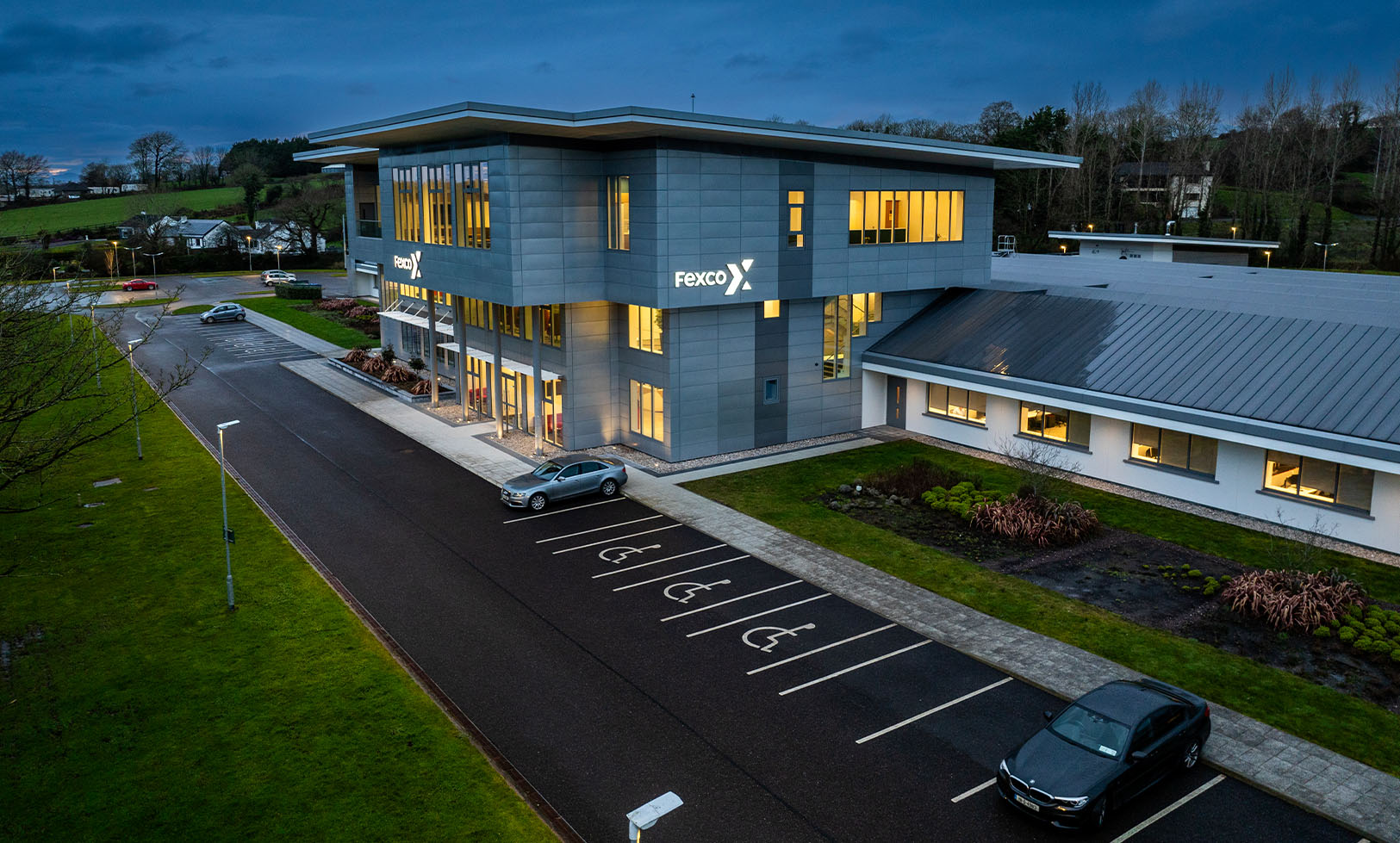
Technology and data
Digitalisation is accelerating the sustainability transition. Platforms like Fexco’s PACE (Platform for Analysing Carbon Emissions) are now being explored for tourism-specific applications, helping destinations track emissions across visitor touchpoints. Such tools can also support local authorities in setting science-based targets and developing data-driven decarbonisation plans.
Beyond emissions, smart destination dashboards are being trialled in pilot areas such as Dingle and the Boyne Valley, aggregating data on water use, waste, seasonal congestion, and biodiversity indicators. These tools are transforming destination management, shifting from reactive problem-solving to proactive planning.
Tourism SMEs are also embracing digital transformation, with booking engines integrating sustainability filters, and social media campaigns pivoting to storytelling that highlights conservation efforts, cultural authenticity, and inclusive visitor offers.
Supporting systems change
At Fexco Managed & Advisory Services, we view tourism as a high-potential sector for delivering on Ireland’s broader ESG ambitions. Our work supports public bodies, tourism operators, and communities to align economic growth with sustainability through:
- Data solutions: Helping enterprises and regions develop carbon baselines and impact reports aligned with CSRD and ESG frameworks.
- Strategy and advisory: Guiding sustainable tourism masterplans, funding applications, and governance design for emerging destination management organisations (DMOs).
- Community enablement: Supporting grassroots initiatives through capacity-building, mentoring, and access to public-private partnerships.
We see particular potential in connecting tourism with energy transition, circular economy, and biodiversity strategies – ensuring tourism is not siloed, but integrated into the fabric of Ireland’s sustainable future.
“Ireland has the opportunity to become a global leader in regenerative tourism.”
Three priorities for scaling sustainable tourism
To unlock the full value of Ireland’s sustainable tourism transition, coordinated national action is required across three key fronts:
- Sustainable mobility: Prioritise low-carbon transport links to and within tourism corridors – integrating rural transport schemes, EV infrastructure, and multimodal options.
- Digital inclusion for SMEs: Invest in tools, training, and platforms to help micro and small enterprises monitor impact, digitise operations, and market themselves sustainably.
- Policy alignment and local governance: Deepen integration between planning, climate, heritage, and tourism policy through stronger interdepartmental coordination and enhanced powers for local DMOs.
Destination Ireland reimagined
Ireland is not just transitioning how tourism looks – it is redefining what tourism is for. In doing so, it is demonstrating that tourism can support climate action, revitalise communities, protect heritage, and drive innovation. This journey is still unfolding, but the momentum is unmistakable.
As we look toward 2030, Ireland has the opportunity to become a global leader in regenerative tourism – a country that welcomes the world while safeguarding the very things that make it worth visiting.
Fexco Managed & Advisory Services is proud to play its part in that vision, helping shape a tourism sector that is inclusive, intelligent, and irreversibly sustainable.
